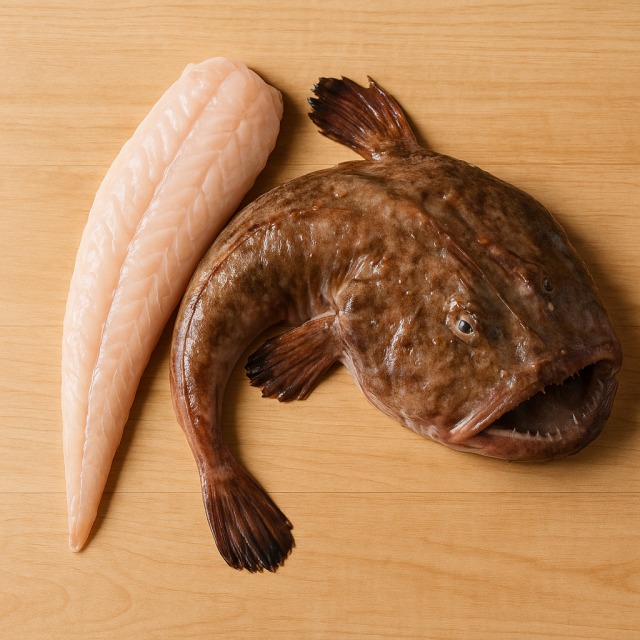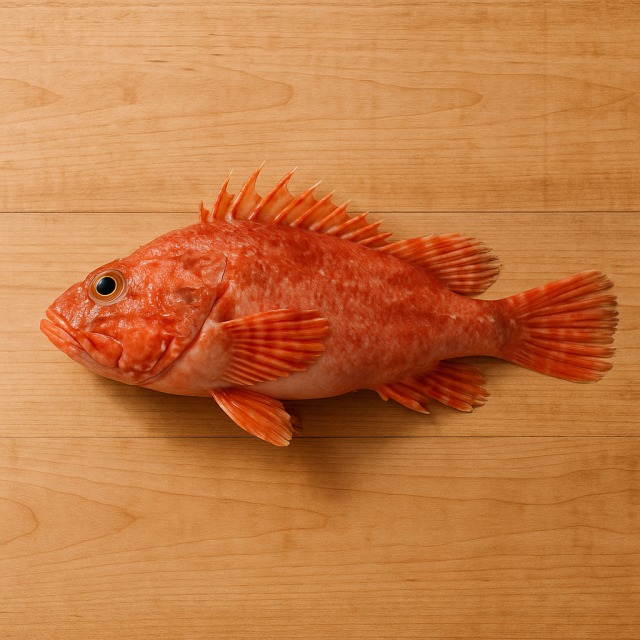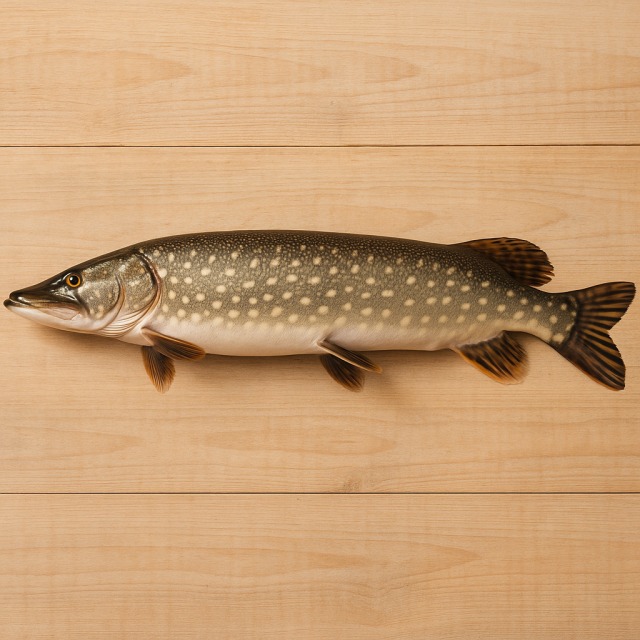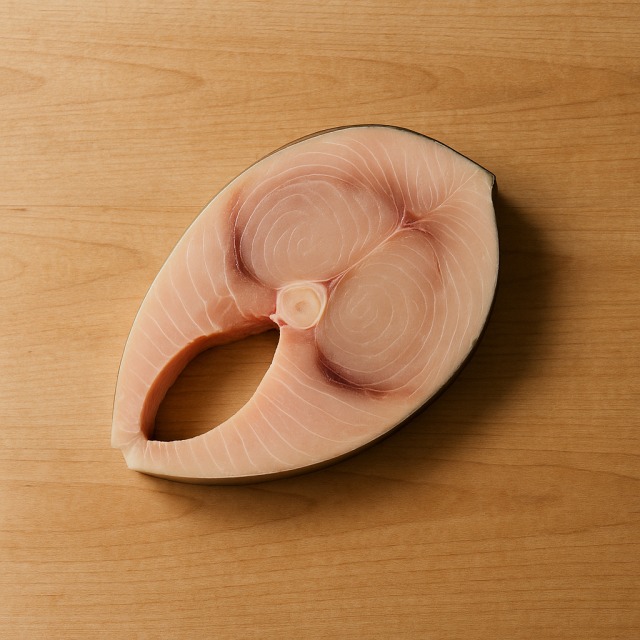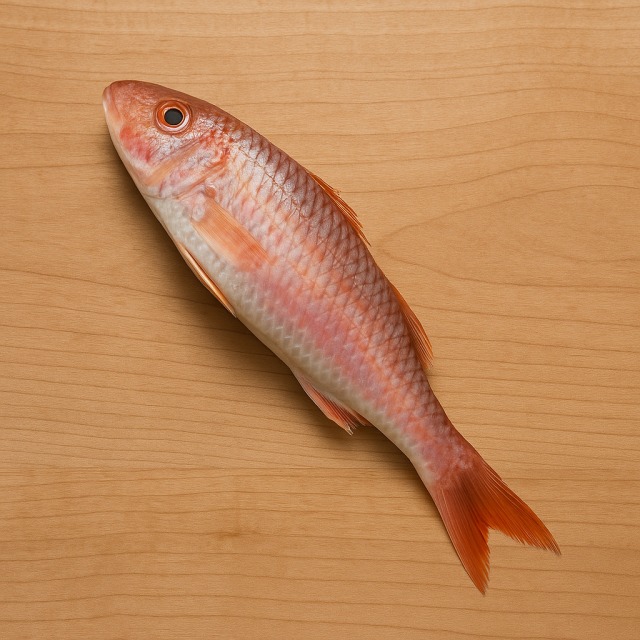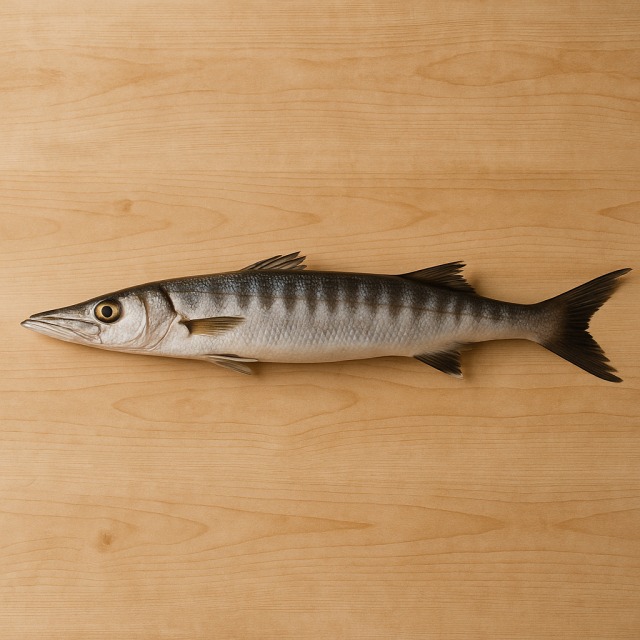Calorie Chart / Fish / Grouper
How Many Calories Are in Grouper?
Calculation of the nutritional value & Recommended Dietary Intake of grouper
For g and a calorie requirement of kcal
| Calories 212 kcal | Proteins 36 g | Lipids 7.5 g | Carbohydrates 0 g |
| 11% | 48% | 11% | 0% |
Health benefits of grouper
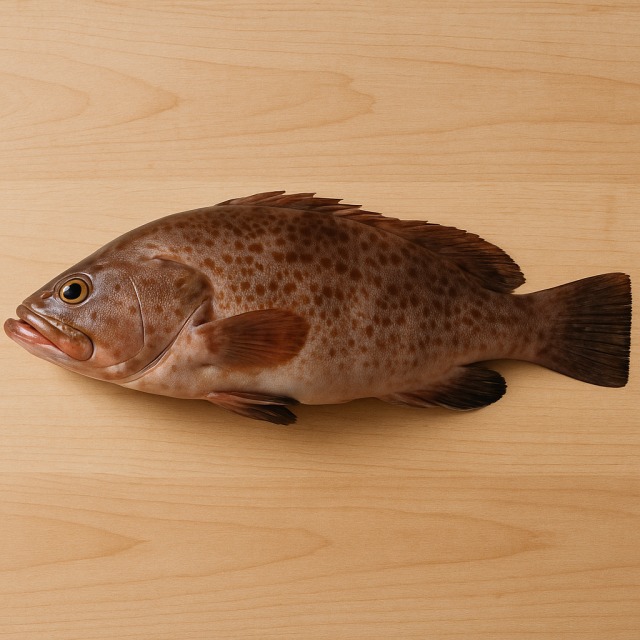
Grouper - 100g
Calories 141 kcal
Proteins 24 g
Lipids 5 g
Carbohydrates 0 g
With about 141 calories per 100 g, grouper is classified as a moderate-calorie choice: it delivers fewer calories than oily fish such as salmon, yet more calories than very lean species like cod. Those calories are almost exclusively provided by its 24 g of complete proteins and a modest 5 g of lipids, while carbohydrates remain at zero, a profile that pleases both low-carb and high-protein diets.
Beyond calories, grouper is rich in vitamin B12 (essential for red-blood-cell formation and nervous-system health) and provides useful amounts of vitamin D, selenium, and phosphorus, minerals known to support immunity and bone strength. A 100 g serving covers over 50% of daily B12 needs and about 25% of selenium needs. It also supplies omega-3 fatty acids; although their level is lower than in fattier fish, the supposed cardioprotective benefit still exists. Historically prized in the Mediterranean basin for its firm flesh, grouper was even depicted on ancient Greek coins – a testimony to its longstanding culinary value and, indirectly, to the centuries-old interest humans have had in maximizing nutrition while keeping calories reasonable.
Because its calories are protein-dominant, grouper promotes satiety, muscle repair, and a stable glycaemic response. Athletes appreciate the calories for post-workout recovery, while individuals seeking weight control enjoy the fact that those calories leave room for generous vegetable sides. Understanding the origin of its calories helps tailor the fish to many eating plans.
Tips for incorporating grouper into a balanced diet
To keep calories in check, favour steaming, oven-baking in parchment, or light grilling. A quick weekday option: bake grouper with lemon, fresh herbs, and a teaspoon of vegetable oil; serve it alongside a warm salad of quinoa and wilted spinach. The whole plate remains moderate in calories while offering fibre, iron, and complex carbs.
For a vibrant, almost zero-added-calorie dish, prepare a citrus ceviche: dice raw grouper, marinate in lime juice, then mix with diced mango, red onion, and coriander. This method cooks the fish chemically without piling on calories.
If you crave something heartier, try a mild coconut curry: simmer grouper cubes in lite coconut milk with turmeric and ginger, then spoon over half a cup of brown rice and steamed broccoli. Portion control keeps calories manageable while the rice adds slow-release energy.
Remember: whichever recipe you choose, measure fats and starchy sides to master calories. Season generously with herbs, spices, and citrus instead of butter to enhance flavour without pushing up calories.
Frequently Asked Questions
- How many calories are in grouper?
- There are 141 kcal per 100 g.
- Is grouper considered a fatty fish?
- No. At roughly 5 g of fat per 100 g, grouper is classed as a lean to semi-lean fish. Most of its calories come from proteins, not fat.
- What is the best way to cook grouper if I want to reduce calories?
- Steaming, poaching, or baking in parchment add virtually no extra calories, unlike deep-frying or pan-sautéing in large amounts of oil.
- Does grouper contain mercury?
- Large reef predators can accumulate mercury, so enjoy grouper in moderation—especially pregnant or breastfeeding women—while diversifying fish choices to balance nutrients and calories.
- Is grouper a good protein source for muscle gain?
- Yes. With 24 g of high-biological-value protein and only 141 calories per 100 g, grouper delivers ample building blocks for muscle without excessive calories.
Similar foods
Information provided by Calorie Menu may contain inaccuracies or errors. It cannot, under any circumstances, substitute medical advice or medication.
